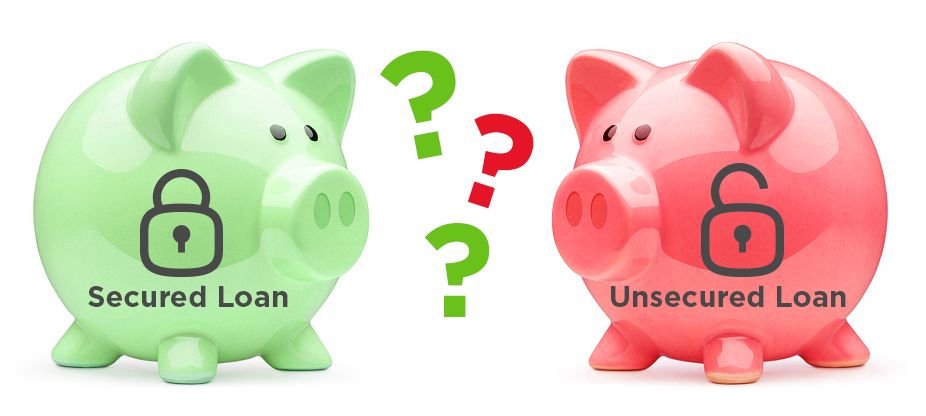Secured loans
As the name would suggest, a secured loan is one that’s secured against something you own – for example, if you can’t afford to make your mortgage payments or keep to the arranged repayment schedule then you could risk a tarnished credit report or further action.
There are many reasons to select a secured loan over other options such as credit cards. We have gone into these in a little more depth below to give you an overview on their features and benefits, in what situations they could be beneficial and what considerations you should make before progressing with a decision.
Another example of a secured loan could be an equity loan which is simply a second mortgage In this example you would borrow a lump sum from your property and pay the loan back on a monthly repayment schedule over a period of 5 to 15 years.
What are the benefits of a secured loan?
Generally speaking, secured loans will have the option of longer repayment periods than unsecured ones, meaning they might be more affordable for you in terms of monthly payments. They also tend to let you gain access to much lower interest rates than unsecured ones.
Because the loan is guaranteed against something, you can generally get secured loans for larger total loan balance than unsecured loans.
Secured loans are also good if you’ve got a bad credit history – lenders probably won’t be willing to lend to you if you’ve been in a debt solution or have a poor history of paying back unsecured debt, but secured credit may provide the confidence they need.
Unsecured loans
Unsecured loans are simply ones in which you borrow money and agree to a fixed repayment schedule, but don’t secure the loan against any kind of property. A standard bank loan, for example, would be classed as an unsecured loan.
A payday loan would also fall into this category as you aren’t securing it against anything, but are promising to pay back a large amount of interest relative to what you’ve borrowed from the payday lender. Payday loans may also offer revolving credit accounts which encourages repeated borrowing from the same provider without having to reassess lending criteria or fill in a new full application.
Unsecured credit is likely to be lent on a lower total borrowing limit, a shorter repayment schedule and whilst unsecured loans aren’t directly secured against anything you own, if a borrower defaults it can result in unsecured debt, the consequences of which could mean that your possessions are seized by bailiffs or become secured debts unless you come to an agreement with your lender.
What are the benefits of an Unsecured loan?
If you’ve got an excellent credit score, then the best deals will be available to you at a higher credit limit. The downside to this, of course, is that if you’ve got a poor credit score or credit rating then you’ll probably find it hard to get a good (or fair) deal on an unsecured loan.
We work closely with over 100 lenders and can find the most suitable solution from over 1,000 products. Your potential lenders can look at a wide variety of personal circumstances, so if you’re looking for secured finance, a mortgage loan or a personal loan, get in touch using our simple enquiry form or give us a call on 0800 197 0504.



